How to Manage Common Household Emergencies

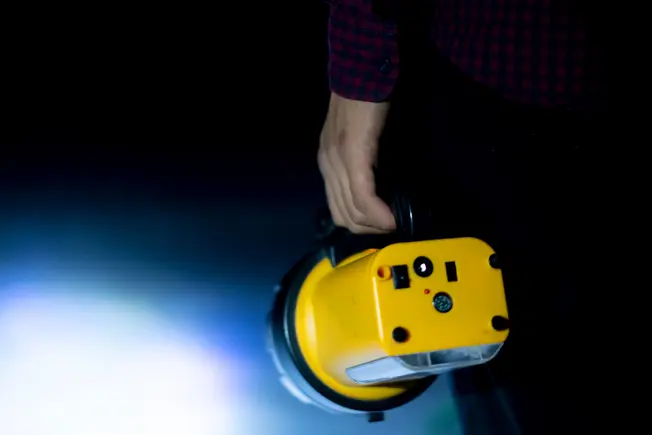
Power Outage
Being left in the dark can be more than annoying. It’s easy to trip and fall over something you can’t see, and refrigerated foods can start to go bad if the outage lasts more than 4 hours. A few ways to stay safe:
- Don’t light candles. Use flashlights.
- Keep refrigerator doors closed.
- Turn off or disconnect any electrical equipment you were using when the power went out, and unplug anything you don’t need to use.
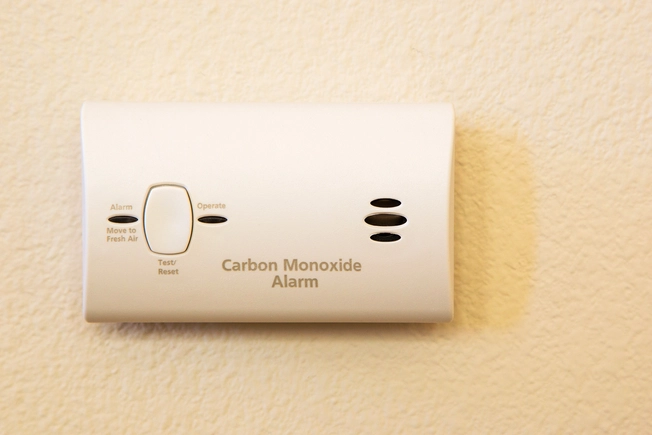
Carbon Monoxide Buildup
A problem with a gas appliance can lead to this safety hazard. If you breathe carbon monoxide, it can keep your organs from getting the oxygen they need and make you very sick. Symptoms are often like the flu without fever. You could pass out and even die. If you think you might have carbon monoxide poisoning, call 911. To prevent issues:
- Get a carbon monoxide detector.
- Have gas appliances inspected once a year.
- Make sure gas furnaces, water heaters, and fireplaces are vented correctly.
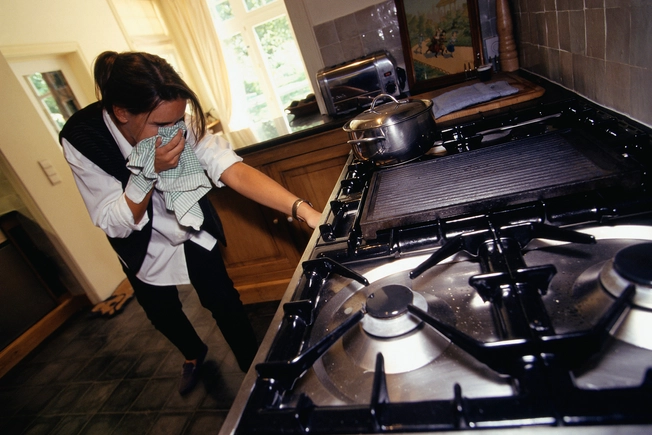
Gas Leak
Natural gas lines don’t leak very often, but if you smell gas (an odor a lot like rotten eggs), take it seriously. A gas leak inside your home can make you sick or possibly even lead to an explosion. Here’s what to do if you notice that telltale smell:
- Go outside right away and call the utility company and 911.
- Don’t try to find the leak.
- Don’t turn any electrical appliances on or off.
- Don’t smoke or have any open flames nearby.
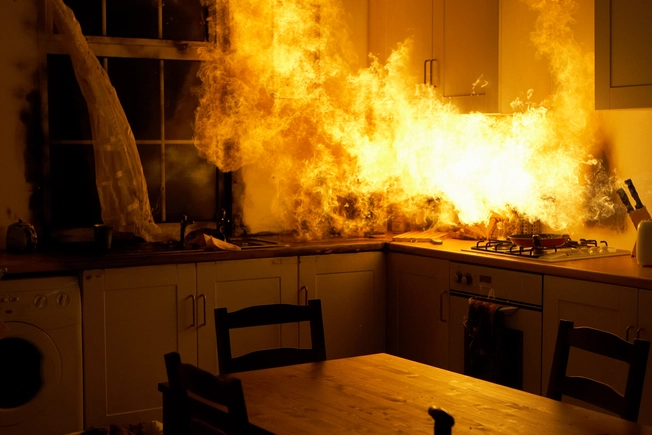
Kitchen Fire
This usually starts when the cook isn’t paying attention. For a small grease fire, try smothering it with baking soda or salt, or sliding a metal lid over the pan and turning off the stove. For an oven fire, keep the door closed and turn off the oven. If there is still a fire, get everyone out of the house, close the door behind you, and call 911 from a safe distance.
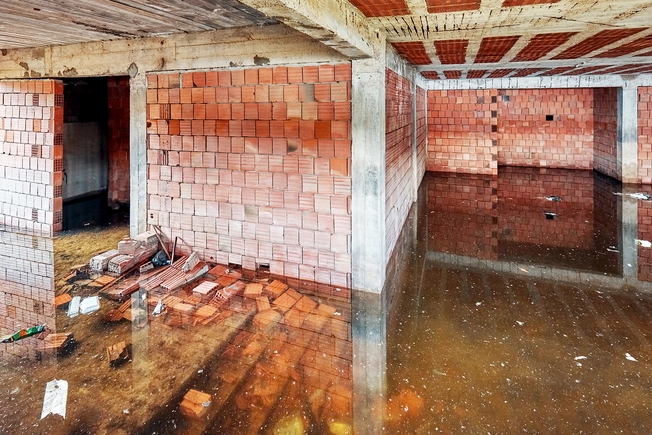
Basement Flood
The biggest hazard here is electrocution or an explosion. The first thing to do is call your utility companies, then steer clear until they’ve turned off the electricity and gas. After that, it’s usually best to hire professionals to clean the area well to keep your family from getting sick or being injured. Throw away anything affected by the flood, like clothing, furniture, or carpet, unless it can be thoroughly cleaned and disinfected.
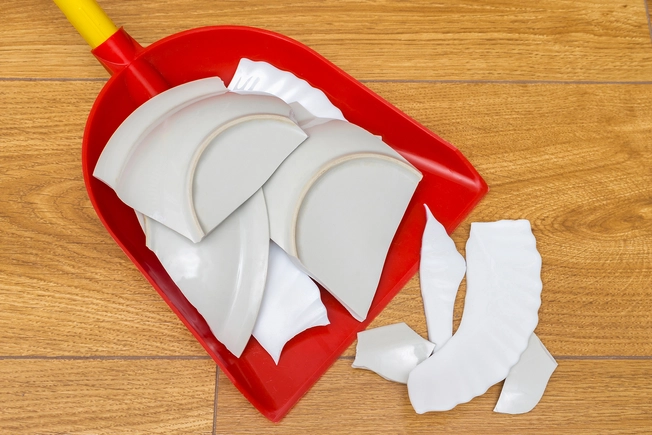
Broken Glass
No matter how careful you are in the kitchen, something is bound to slip and break at some point. When it does, here are a few tips to clean it up without cutting yourself:
- Don’t handle glass with your bare hands. Scoop up big pieces with cardboard or stiff paper.
- Use large tape, like duct tape, to pick up tiny glass particles.
- Mop or wipe the area thoroughly with wet wipes or doubled-up paper towels.
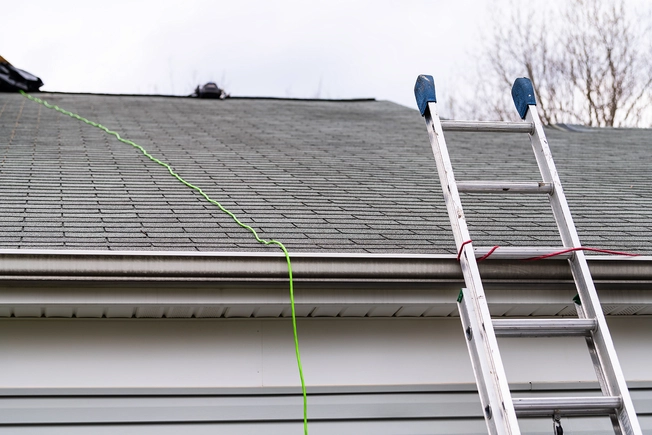
Ladder Fall
This common reason for emergency room visits can cause all kinds of injuries and is especially dangerous for people over 65. If you’re cleaning gutters or hanging decorations, make sure:
- The ladder is on a solid, stable, dry surface.
- Stepladders are completely open.
- For every 4 feet of length, the ladder is 1 foot away from the surface it’s resting on.
- Doors that could hit the ladder are blocked.
- You grip the rungs and not the side rails as you climb.
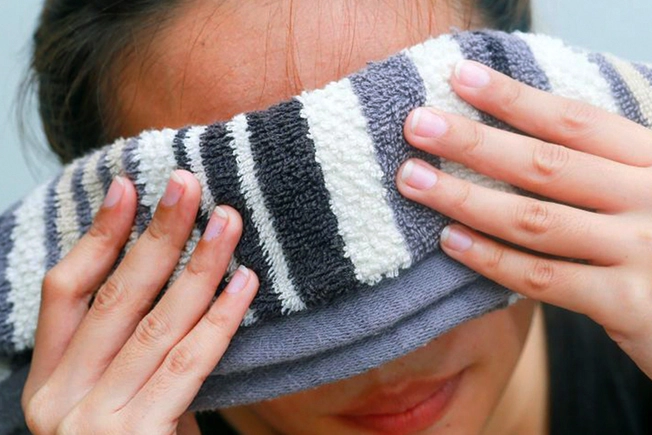
Air-Conditioning Goes Out
If your AC goes out during a heat wave and you have to wait for repairs, make sure to keep your body temperature stable to prevent heat stroke and help you sleep better.
- Avoid alcohol. It raises your body temp.
- Rinse a washcloth in cold water and put it on your neck, wrists, or behind your knees.
- Drink ice water often.
- Eat foods that are easy to digest, like fruits and vegetables.
- Heat rises: If your bedroom is upstairs, sleep in a lower area of your home.
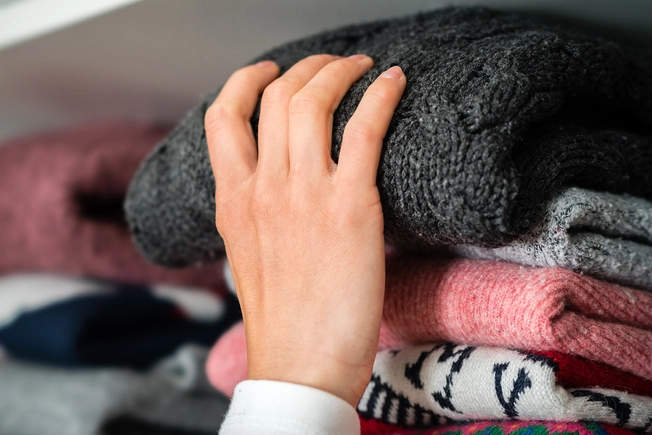
Heat Goes Out
Cold temps can cause health issues indoors, too, especially if you have certain conditions, like heart disease. Here are some ways to stay warm if your furnace quits during a cold snap:
- Dress in layers.
- Heat a small area of your home with a fireplace or electric space heater. (Someone should stay awake while these are being used to make sure there aren’t any issues.)
- Hang curtains, quilts, or bedspreads over doors and windows.
- Don’t use your oven for heating.
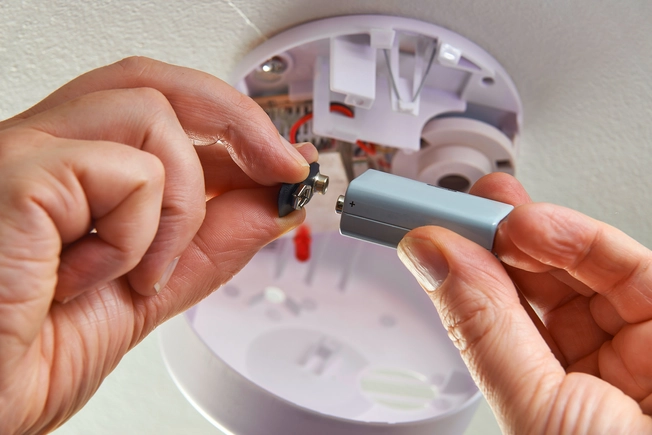
Test Batteries
Your safety equipment is only as good as the batteries that power it. Test flashlights, smoke alarms, and carbon monoxide detectors once a month to make sure they’re in good working order. It’s also a good idea to replace all your smoke alarms every 10 years. (Check the manufacturer’s instructions to see how often to replace carbon monoxide detectors.)
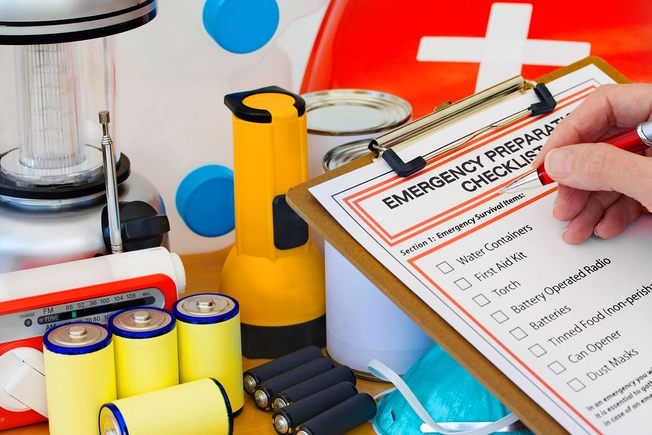
Be Prepared
You may not be able to prevent an emergency, but you can be ready for one. Keep phone numbers for poison control and primary care doctors handy. Have an emergency kit with these items:
- First aid supplies
- Extra batteries
- Cell phone chargers and a backup battery
- A wrench or pair of pliers to turn off gas or water
- A battery-powered radio and a weather radio